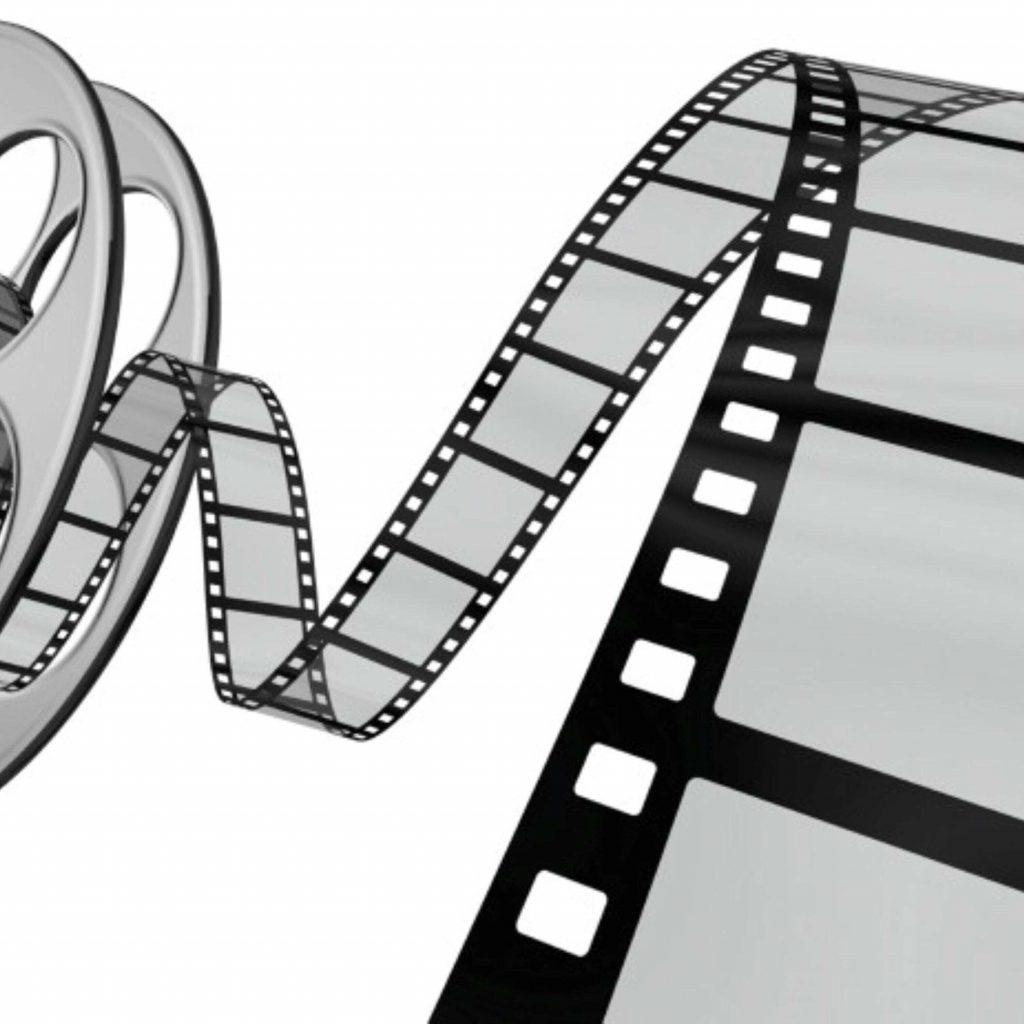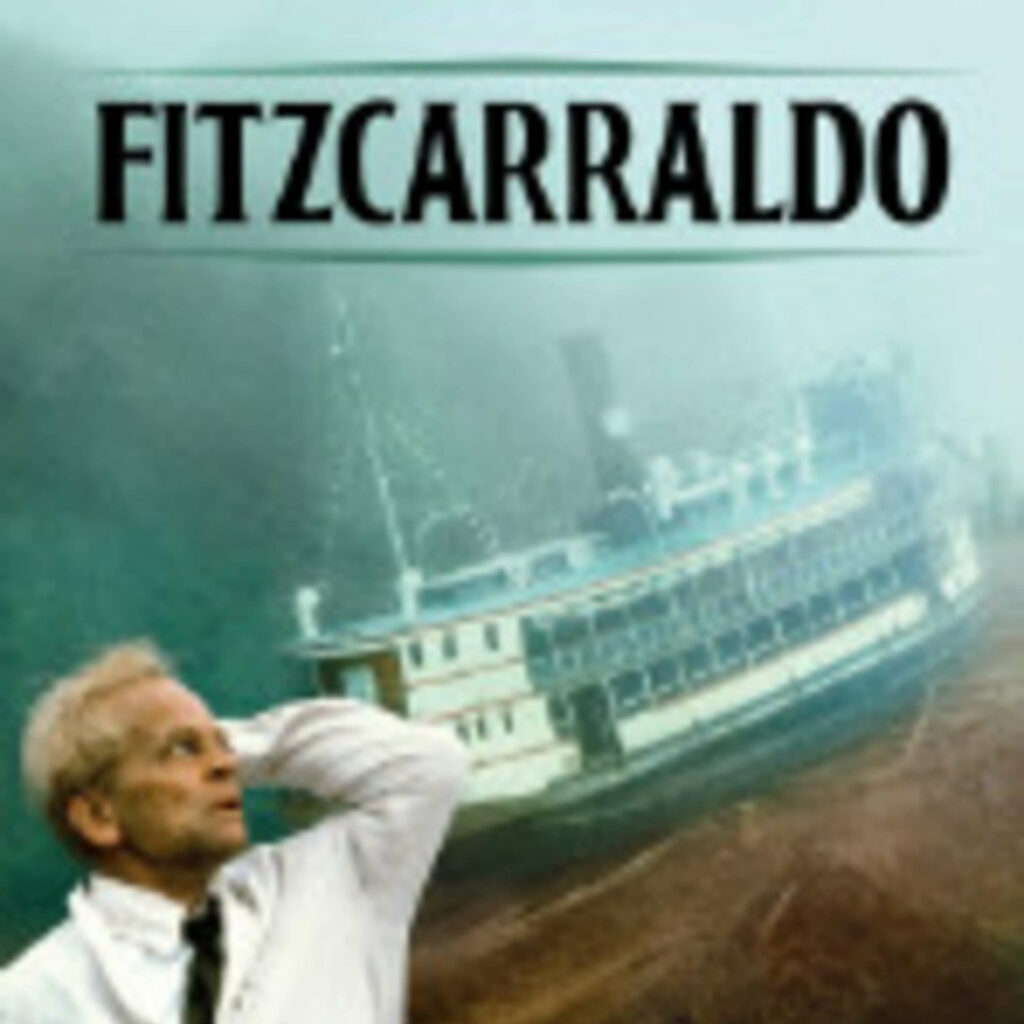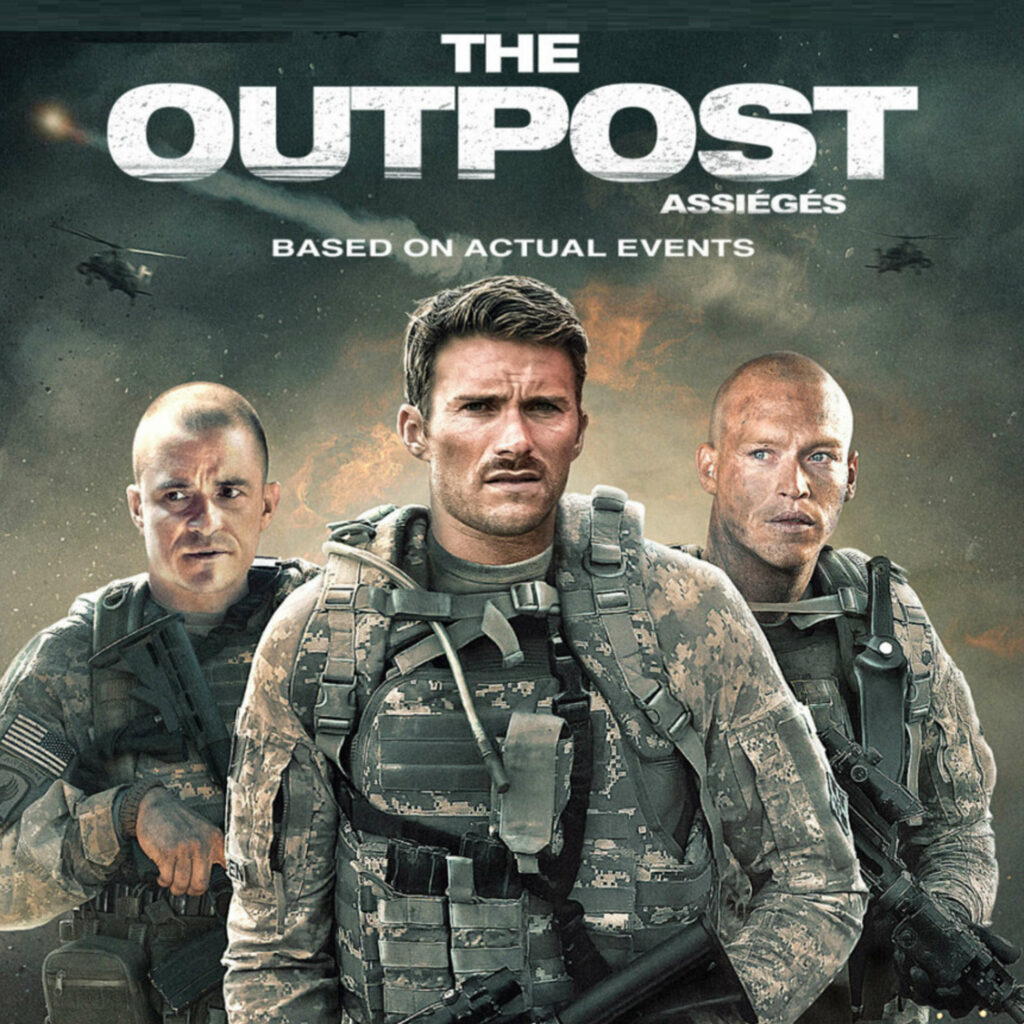United 93

What does this film, which portrays the events of 9/11/2001 tell us about the responsibilities, training and level of professionalism of the air-traffic controllers involved? How does the film portray uncertainty and lack of information and its effect on the involved people? How does it show the difficulty involved in overcoming assumptions people bring with […]
First They Killed My Father

What does this 2017 film, set during the 1975-1979 Khmer Rouge reign of terror in Cambodia tell us about the radical nature of the communist project of restructuring human society and psychology? Why did the Khmer Rouge resort to using children as soldiers and cadre? How did Pol Pot differ from Stalin, Mao and Ho […]
Green Snake

How does this film’s use of the concept of reincarnation allow it to act as an exploration of human nature? Why do the snakes, a species of what are called “evils” in the film desire to become human? What is involved in the centuries-long training they are undergoing to attain reincarnation as human beings? Why […]
Shattered Glass

What does this 2003 film about disgraced New Republic reporter, Stephen Glass, tell us about sociopathic or narcissistic behavior? How does the film engage with matters of journalistic ethics, and illustrate the dangers or traps created by journalistic bias when it comes to exercising critical thought and editorial oversight? How does the film show competition […]
Fitzcarraldo

What does the pair of films, Fitzcarraldo, and the documentary about the making of that film, Burden of Dreams, tell us about the similarity between the main character, and the film’s director/producer Werner Herzog? How do both illustrate Kant’s notion of the Categorical Imperative in their sometimes-reckless use of indigenous people? How do the indigenous […]
Onoda: 10,000 Nights in the Jungle

What does this 2021 film, based upon the true story of 2nd Lieutenant Hiroo Onoda, a WWII Japanese Army intelligence officer who held out on the Philippine island of Lubang until 1974, tell us about his sense of duty? What does it tell us about the capacity of the human mind to render any evidence […]
Shadowlands

What does this 1993 film, based upon the true story of C.S. (Jack) Lewis and his American wife, Joy Davidman, tell us about grief, suffering and love? How is it related to the “problem of evil,” often discussed in philosophical and theological settings? How does the film contrast Lewis’s speaking appearances, where he discusses the […]
Solaris

What does this 1972 Russian film intend to convey about guilt, regret and moral injury? How does the film create ambiguity with regard to the motivation of the alien world, Solaris, in creating replicas of people about whom the main characters have strong regrets? How does the replica of Dr. Kelvin’s deceased wife Hari force […]
Silence

What does this 2016 film, based upon the novel of the same name, tell us about the moral dilemmas faced by Christian missionaries in Japan during the late 1600s? Why does apostasy (carried out by stepping on a carved image of Christ) present such an agonizing choice if the people doing so remain Christian in […]
The Outpost and This is What Winning Looks Like

In this ‘double feature’ discussion, the moral challenges of the Afghan war are explored. How does The Outpost portray the tactically perilous position of the outpost, and the costs associated for the men? How do the two films portray the difficulties involved in attempting to convince local elders to not cooperate with the Taliban? How […]
